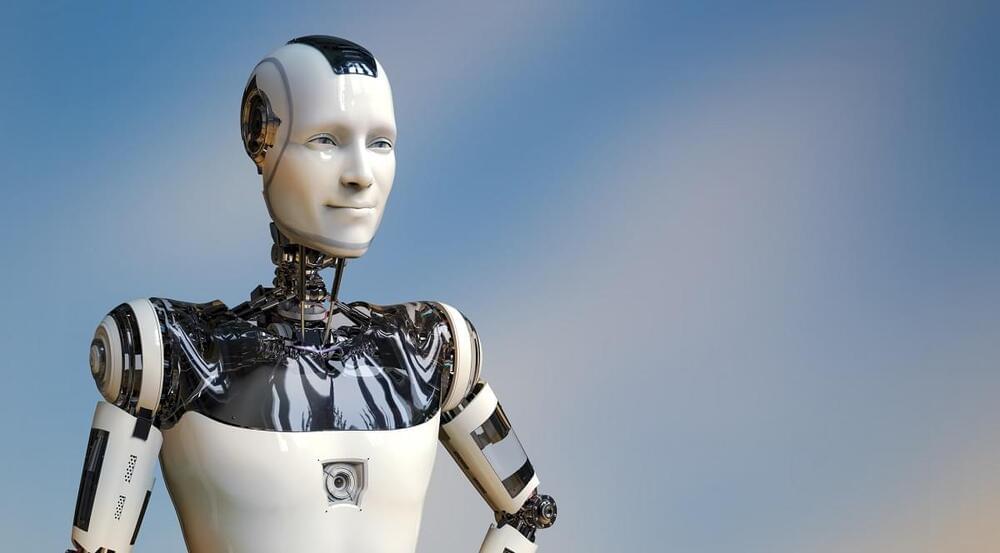AI is here to enforce Zoom etiquette, apparently.
As The Wall Street Journal reports, a growing number of companies are using AI bots in video meetings to mediate, transcribe, and — yes — etiquette-check participants who may be lecturing or interrupting others. Often, according to the report, the bots are just silent notetakers, there to either summarize the meeting for someone who can’t be there, or keep minutes for the group. In other cases, though, the bots will pipe up to let speakers know whether they might be droning on a bit too much.
“It was like, monologue!” Josh Stir, the senior software development manager for a tax services company, told the WSJ of his experience with a Zoom behavior bot. The AI seemingly thought the software developer was speaking too flatly, urging Stir to raise and lower his pitch in order to maintain the group’s interest.







